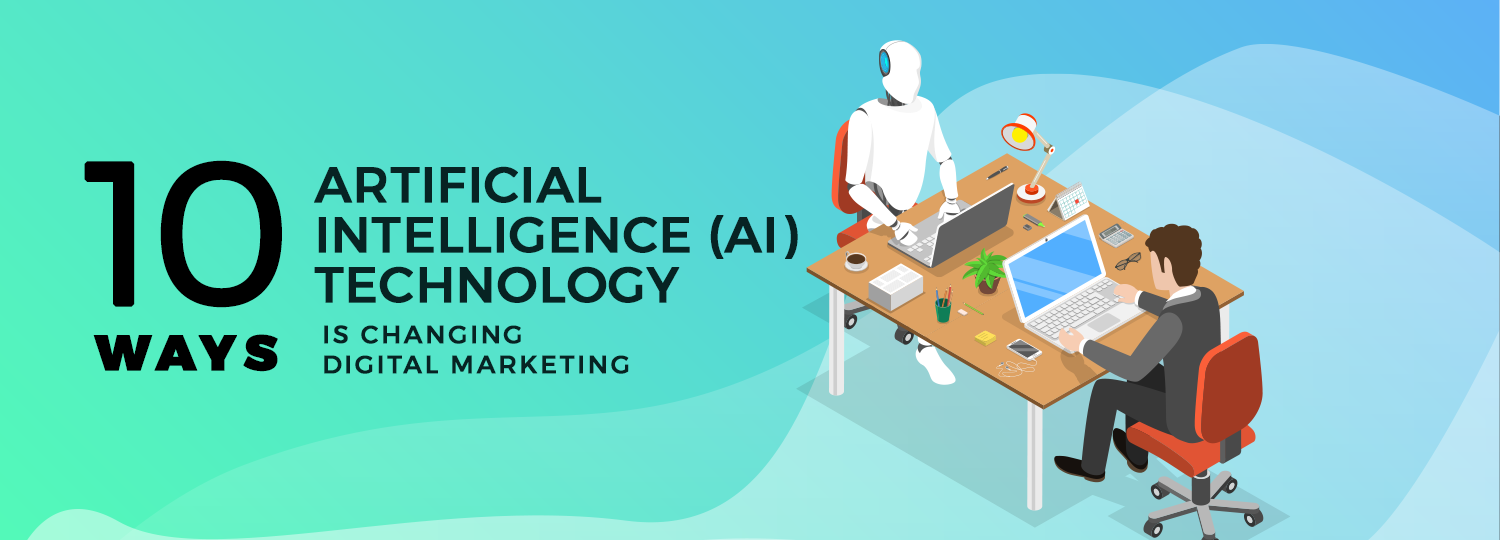
It’s no secret that Artificial Intelligence (AI) will transform the role of digital marketers in the future.
While many companies are still struggling to evolve from ‘doing digital’ to ‘being digital,’ some are getting ready to make a quantum leap with machine learning and AI.
Have you started your marketing AI journey?
If you were to ask different experts about AI, you will get different answers. There is no one-size-fits-all definition but as a layman, I find the following explanation easiest and simplest to understand:
“The science of making machine smart”, as defined by CEO of DeepMind, who sold their company to Google for $200 Million in 2014.
So what exactly is AI Marketing?
Wikipedia explains AI marketing as a form of marketing leveraging the artificial intelligence concept and model (such as machine learning and deep learning) to achieve marketing goals. The main difference resides in the reasoning part, which suggests it is performed by computer and algorithm instead of human.
Traditionally, we define an algorithm as a set of instructions that tell machines what to do. When it comes to AI, the machine creates its own algorithms, determine new paths and unlock unlimited potential.
AI is supposed to make our life better. But again, AI is not the magic bullet. As a marketer, our mission is to solve the marketing problem. It’s easier to start with problem-solving, like real business problems that we are trying to solve than starting AI. AI is built to solve narrowed tasks. It’s quite unlikely to build an AI platform that solves all the problems within a single platform. Identify a gap and then you can explore if AI is able to help along the way.
As AI capabilities continue to expand, we are seeing more and more applications within marketing. According to Marketing Artificial Intelligence Institute (MAI), these are the 5Ps of AI in marketing:
Planning: Predicting consumer behaviours, defining strategies, prioritising activities and determining how to allocate marketing resources.
Production: Creating, curating and optimising content, including blog posts, emails, landing pages, video and advertisements.
Personalisation: Personalising consumer experiences through intelligently automated emails, content and product recommendations, AR/VR, and web experiences.
Promotion: Managing cross-channel and cross-device promotions to drive engagement and actions, including audience targeting, social publishing and digital paid media management.
Performance: Turning data into intelligence through automated narratives and insights, before applying that intelligence to optimise performance.
These five categories are a framework defined by MAI to help you visualise and organise the marketing AI initiatives in your company. Unmistakably, the power of artificial intelligence is changing the digital marketing landscape for the better.
Here are the AI marketing technology trends every marketer should keep their eye on in 2019:
- Predictive Analytics
- Content Discovery
- Content Creation
- Content Curation
- Email Subject Generation
- Media Buying
- Lead Scoring
- Marketing Automation
- Chat Bots
- Influencer Marketing
Predictive Analytics
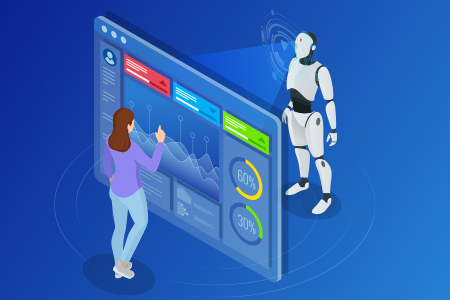 Predictive marketing refers to marketing that uses big data to develop accurate forecasts of future customer behaviour.
Predictive marketing refers to marketing that uses big data to develop accurate forecasts of future customer behaviour.
Right from lead generation to conversion, products up-selling to cross-selling, customer retention to maximising the lifetime value, predictive analytics models can be used to do these jobs better.
Here are some software solutions in the predictive analytics space to give you an idea of related platforms and services being offered: IBM Analytics and SAP Predictive Analytics. For those companies that are not ready for expensive enterprise solutions, there are alternatives such as Marketo, Tableau and 40 others predictive analytics solutions.
Content Discovery
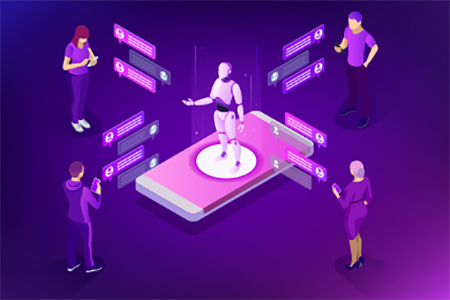 Consumers are increasingly comfortable with asking Siri, Cortana or Alexa for information and suggestions on where to eat or which train to get to work, and it only makes sense that it’s also utilised by companies who want to keep their customers engaged and satisfied.
Consumers are increasingly comfortable with asking Siri, Cortana or Alexa for information and suggestions on where to eat or which train to get to work, and it only makes sense that it’s also utilised by companies who want to keep their customers engaged and satisfied.
By harnessing an area of AI called deep machine learning, or simply, deep learning, users can enjoy highly personalised content recommendations discovery.
AI-powered tools such as CONCURRED, BrightEdge, Crayon, MarketMuse and Acrolinx can help you create content strategies that are actually backed by data.
Content Creation
The benefits of AI for content marketing are almost all-inclusive based on the 5Ps framework, from planning to production. As artificial intelligence gets more advanced in editing content, it will also help to streamline the process of content creation and reduce costs. The help from AI may also force content creators, from copywriters to videographers, to perfect the human elements of content – weaving the brand story, evoking emotion and pushing the boundaries of the imagination.
Content Marketing tools like Wordsmith, Articoolo, Heliograf and Quill are already being used by mainstream media to create news. Using templates and fill-in-the-blanks to enter data and keywords can create unique content that gives the impression a human wrote it.
Content Curation
AI tools don’t stop at generating content, it also helps to curate it. Content curation by artificial intelligence will make it possible to better connect with visitors on certain websites and show them more relevant content.
AI-powered content curation tools like Curata and Stackla help brands to curate content from different sources and organise the content.
Email Subject Generation
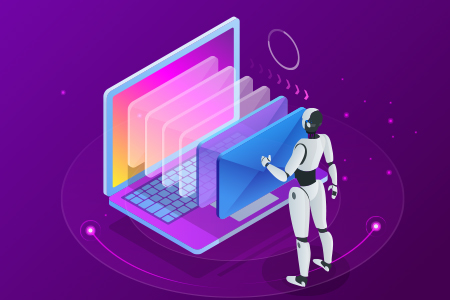 Machine learning or deep learning can analyse millions of data about consumers to determine the best time and days of the week to contact the users, recommended frequencies, best content type, and which email subjects and titles generate more clicks.
Machine learning or deep learning can analyse millions of data about consumers to determine the best time and days of the week to contact the users, recommended frequencies, best content type, and which email subjects and titles generate more clicks.
Boomtrain, Phrasee, and Persado are some tools that AI applies to email marketing. According to Phrasee, its generation of email subject lines surpasses those of a human by over 95%. Persado even says that its cognitive content exceeds what a human could do 100% of the time.
Media Buying
Advertising is, without a doubt, the area of digital marketing that has successfully adopted artificial intelligence the most.
Facebook’s Dynamic Ads and Google’s Dynamic Search Ads are examples of AI-powered advertising that help marketers personalise ads at-scale for their target audience.
Automated machine learning as a solution to decide on what price to bid on paid advertising is becoming an increasingly popular option as the necessary technologies become available to more firms. As AI becomes mainstream within the Pay Per Click (PPC) industry, marketers need to begin shifting their areas of expertise away from micromanaging keywords and bid prices to adopting higher-level strategies. In the meantime, such techniques and platforms discussed are still unutilised by the majority of your competitors, and taking advantage of that gap would be a wise move.
There are tools like Adtext, Trapica. Frank and Zalster that use deep, transfer and machine learning to automate the handling and optimization of your ads on platforms like Google AdWords and Facebook Ads.
Lead Scoring
Lead scoring is how companies rank sales leads based on a variety of demographic, behavioural factors or a sales qualifying framework such as BANT (Budget, Authority, Needs, and Timeline) to determine which leads have the highest likelihood to convert from being a prospect into a customer. In the past, the process incorporated rules-based lead scoring like assigning a point value to a prospect who downloaded a piece of an e-book or attended a webinar and signed up for an online demo.
In recent years, the rise of marketing automation made it possible to track leads’ online behaviours and gather specific types of implicit information. You could now use marketing automation to track how many times a prospective customer visited your website, use that information to add points to their lead score, and then include that data in the lead’s profile on the CRM system.
Even with a rules-based lead scoring mechanism in place, there are still challenges that marketers are facing today. For instance, a prospect may have taken a number of actions, like downloading content and attending webinars, but that activity did not necessarily correlate with sales success. As a result, the cost to process and follow up with those leads isn’t always proportional to the value returned in terms of the sales pipeline.
In this context, predictive lead scoring has taken over much of the heavy lifting when it comes to analysing data and determining which leads are most likely to convert. Being able to focus on the strongest leads possible means that sales and marketing staff will be able to close more deals in less time while building stronger relationships with customers.
Today’s most sophisticated marketers are using machine learning and AI to continually enhance the lead scoring process. They have evolved from a rules-based approach, using experience and human judgment to determine a “good quality” lead, to a data-driven approach that models historical behaviours of high-converting leads and a lead scoring environment that uses real-time outcomes to continually tweak the scoring model. The traditional lead scoring process is being improved through stack ranking, re-scoring and self-learning scoring models.
Marketing Automation
Currently, many organisations face the challenge of trying to manually manage all the various marketing efforts. This often takes a lot of resources to operate the marketing technologies stack – from lead generation, lead scoring to lead nurturing. Marketing automation, when combined with AI, can cut down on manual approaches and save time.
Customer data platforms will be integrated with AI and used as the source for marketing and customer data. For example, AI and marketing automation can help reveal customer journey behaviour insights to reach them at the most critical and impactful touch points.
Chatbots
Chatbots are making the process of automating responses to potential buyers’ frequently asked questions (or FAQ) even easier by providing them with a way to search for the product or service they’re looking for immediately on the platform.
A good indicator of a chatbot powered by AI is its ability to answer open questions. These bots use natural learning processing and machine learning to suggest the correct response.
The good news is that you don’t need to have a huge budget to create a chatbot. You can use Facebook bot tools, like wit.ai bot, to train bots in example conversations and make them continually learn from their user interactions.
Influencer Marketing
The use of AI in influencer marketing is gaining traction just as it is in many other marketing activities. It is no surprise that technology has vastly improved the way we work with influencers. AI-powered influencer marketing platforms help in discovering a more scientific approach to unlocking the true worth of influencer marketing. AI technology offers an accurate and transparent framework for proving the return on investment that this channel has been striving for.
As discussed in the Influencers marketing trends in 2019, AI helps to make influencer marketing more scalable and ROI-focused by
- Identifying the perfect set of influencers for your brand
- Predicting the success of your campaign or ROI
- Sieving out fake influencers (with fake followers)
- Recommending content format/direction
We have seen marketplace platforms like Izea, StarNgage and Linqia adopting AI to run always-on influencer marketing programs and provide greater levels of brand safety tor their customers.
Conclusion
We are living in an exciting time where so many technologies are evolving and intersecting.
The arrival of AI should be seen as a benefit, not a threat for marketers. Remember that these technologies will increase our abilities and help us become a better version of ourselves.
While we can never truly predict what impact will AI have in the next 20 years, it’s safe to say that incorporating AI in marketing can help prepare your business for future opportunities.
What do you think? Have you incorporated AI in your marketing? How has it been working for you? We’d love to hear about it in a comment on this post.

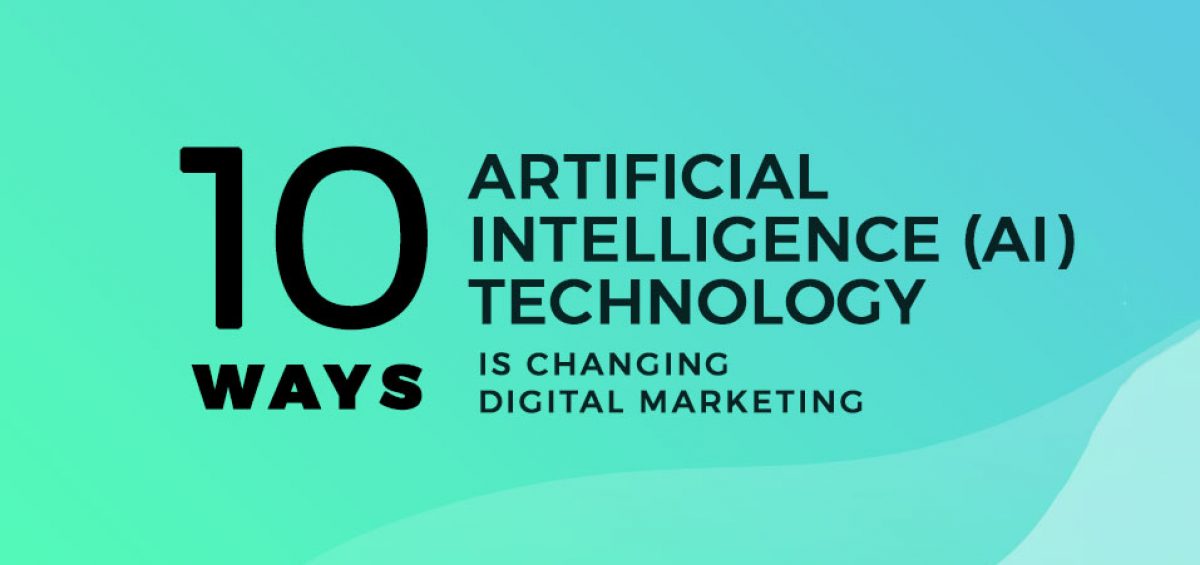
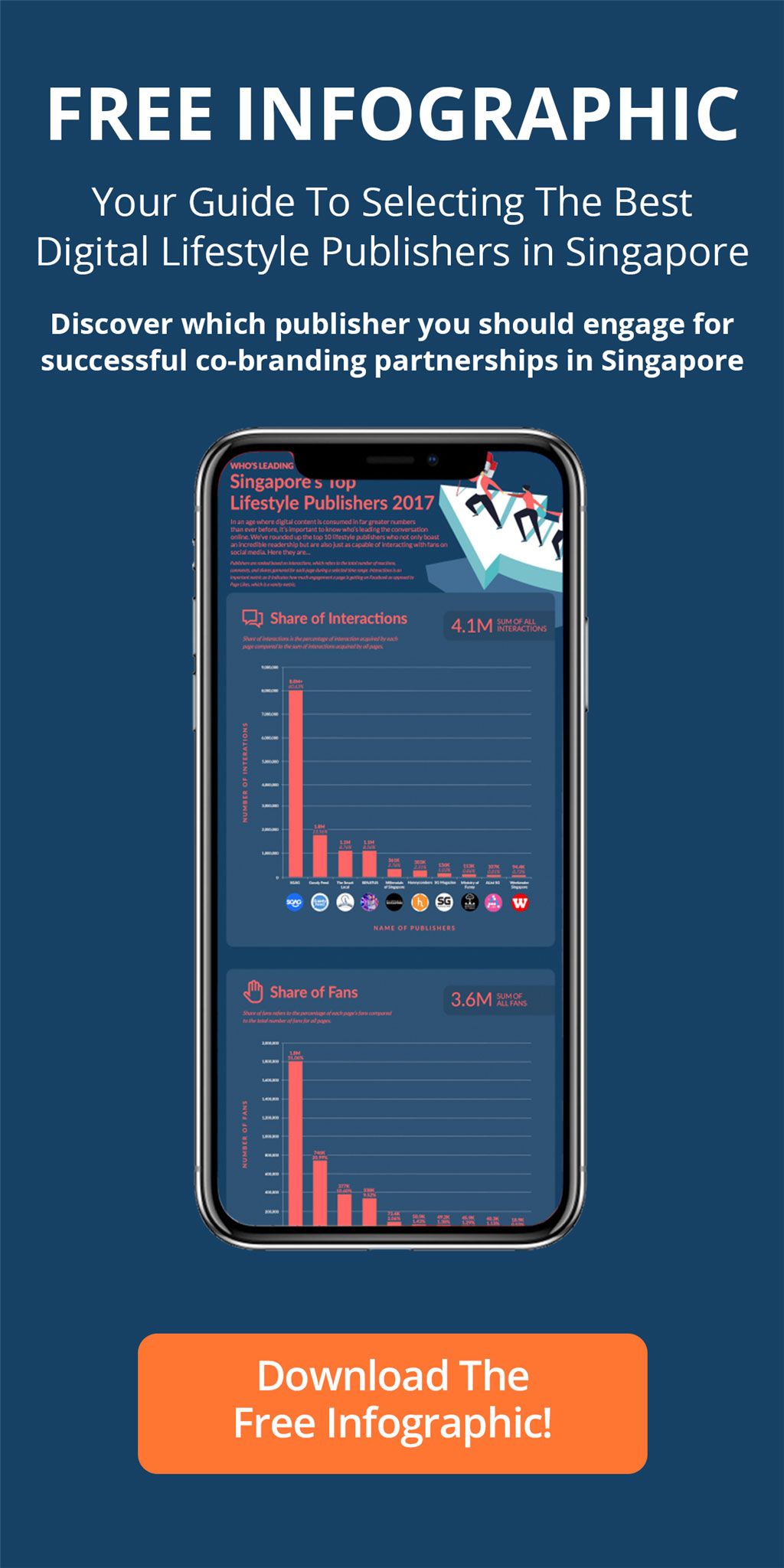




Give your Opinions